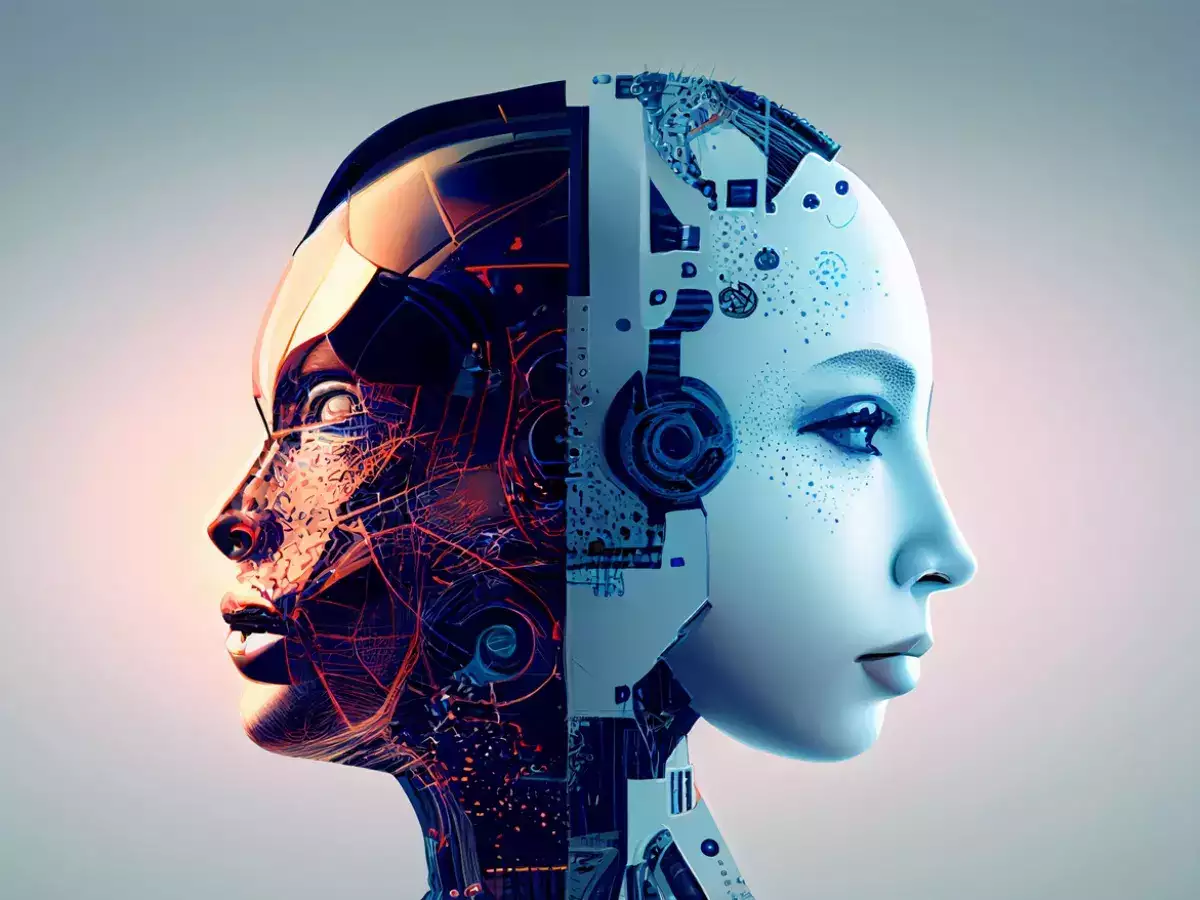
Navigating the AI Revolution Transformative Innovation, Limitations, and the Human Touch In the ever-evolving landscape of technology, Artificial Intelligence (AI) stands as a black swan event, reshaping our world in unprecedented ways. AI has ushered in remarkable innovations, from personal assistants to tailored advertising, fundamentally altering how we interact and experience daily life. However, as we plunge headfirst into this era of rapid technological progress, it’s crucial to acknowledge both AI’s transformative potential and its inherent limitations.
Navigating the AI Revolution Transformative Innovation, Limitations, and the Human Touch
The AI Transformation: Enhancing Our Daily Lives
AI’s integration into our lives has been nothing short of revolutionary. It has brought us:
Personalization: AI-driven algorithms tailor our digital experiences, from content recommendations to shopping suggestions, creating a more personalized world.
Efficiency: Automation and AI-powered systems streamline tasks, increasing productivity across various industries and freeing up human capital for more creative endeavors.
The Black Swan Effect: Shaping Our Future
Like the black swan events of history, the development of AI is shaping our future at an exponential pace. This rapid progress is fueled by advancements in machine learning, deep learning, and big data. It’s changing how we work, play, and relate to one another.
AI’s Limitations: The Missing Human Element
While AI has made incredible strides, it remains limited in certain critical areas:
Emotional Intelligence: AI lacks the ability to replicate human emotions and empathetic responses. It can’t provide the emotional support of a friend, the guidance of a teacher, or the warmth of a parent.
Holistic Care: In professions like medicine, AI can be a powerful tool for data analysis and diagnostics. Still, it cannot replace the holistic care provided by doctors who consider not just symptoms but also the emotional and psychological well-being of patients.
AI in Medicine: Complementing, Not Replacing, Humanity
In the medical field, AI serves as a valuable assistant, assisting doctors in diagnosing diseases and developing treatment plans. However, it can’t replace the qualities that make healthcare truly human:
Empathy: Compassion and understanding are essential when patients face illness or injury. AI can’t provide the human touch that reassures and comforts.
Complex Decision-Making: Medical professionals make nuanced, life-altering decisions that require ethical judgment and a deep understanding of individual patient needs.
Balancing Progress and Humanity
As AI reshapes our world, we must strike a delicate balance between embracing innovation and preserving our essential human qualities. While AI empowers us with incredible capabilities, we should always remember its limitations. In the journey ahead, let us harness AI’s potential to enhance our lives while cherishing the irreplaceable human elements of empathy, personal connection, and holistic care. The future belongs to those who master this harmonious coexistence of technology and humanity.

